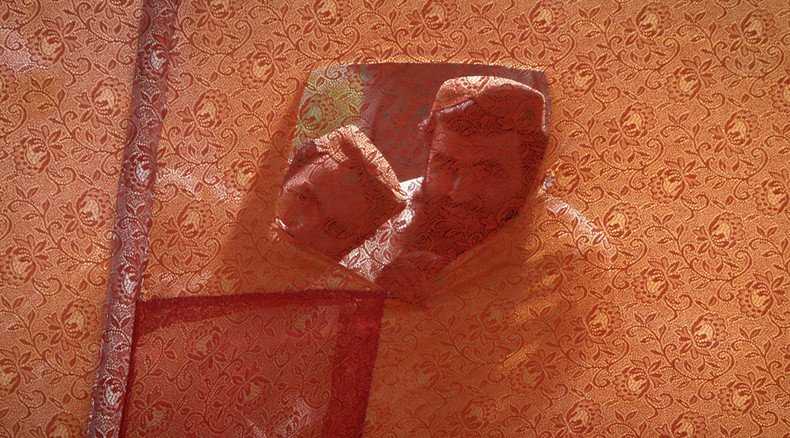‘The last leader to pacify Afghanistan existed before Christ’

The United States getting bogged down in Afghanistan after 9/11 was not a good idea. Airstrikes against Al-Qaeda targets would have worked better and there was no need for a ground occupation, says defense analyst Ivan Eland, speaking after bomb attacks rocked the Afghan capital.
The relative calm that Kabul has enjoyed in the last few months was shattered on Friday by separate bomb attacks that left at least 35 people dead and hundreds injured.
RT:Friday has been one of the bloodiest days for Afghanistan in recent months. Do you see this as a serious deterioration of security in the country and are you concerned this could be something much wider?
Ivan Eland: The situation in the country has been deteriorating since the foreign coalition has drawn down their forces, so yes, gradually it is getting worse and there are other parts of Afghanistan where the Taliban is making gains as well. Also, I think these attacks may be so violent because of the news that Mullah Omar has been dead for two years, which has just been leaked. So there may be some attempt by the Taliban to redirect attention from a leadership struggle, even though a new chief has been anointed.
I strongly condemn the gruesome & cowardly attacks in Afghanistan. My thoughts are with families of the deceased & prayers with the injured
— Narendra Modi (@narendramodi) August 8, 2015RT:Why do you think it’s so difficult to counter attacks like this and what sort of response could we see from the Afghan government and perhaps even from the United States and internationally?
IE: It is very hard to defend against these random attacks, but of course that’s what the terrorists are doing. Terrorists are all about publicity and they want to do high-profile attacks in the capital to prove that the government cannot protect Afghans and that they should come over and help out the Taliban. That’s a classic guerilla move in any civil war. So I think that’s what they’re attempting to do. The more they penetrate the capital, the more uneasy people are supporting the Afghan government.
RT:What sort of response can we expect from the United States?
IE: Well, the US still has training forces in there, as well as counter-terrorism forces, so you could see some sort of Special Forces raid, or even air attacks against certain Taliban targets. You may see retaliation one way or another by the US and the Coalition.
Deputy Spokesperson Toner: U.S. Condemns Attacks in Kabul, #Afghanistan: http://t.co/jmHZawaeKh
— Department of State (@StateDept) August 8, 2015RT:Before this Bloody Friday, as it’s being called, there were fragile peace talks between the Taliban and the Afghan government. Where do the talks stand now?
IE: Well, that’s true, they may be up in the air now. Perhaps hardline groups within the Taliban hoped to subvert the talks; that’s another possibility. It’s hard to tell, exactly, because the Taliban is such a fractured organization and of course they are not the most transparent organization either.
RT:People will be looking at this and saying that over the past decade, there’s been a considerable presence of foreign military in the country, but still the situation is deteriorating into this bloodbath. What can be done?
IE: I think the United States should have realized that the last country to pacify Afghanistan was before Christ with Cyrus the Great, so that should tell you that Afghans have always been resistant to foreign occupation, and I’m not sure that you could really do much. The Afghans have to settle this, and sometimes they settle it in bloody fashion. The United States getting in the middle of it after 9/11 I don’t think was ever a good idea. They should have done airstrikes on Al-Qaeda targets and call it a day to take out that group. We didn’t need a ground occupation.
The problem with counter-insurgency warfare is that no matter what you do… you are still a foreign invader.
The statements, views and opinions expressed in this column are solely those of the author and do not necessarily represent those of RT.
The statements, views and opinions expressed in this column are solely those of the author and do not necessarily represent those of RT.












